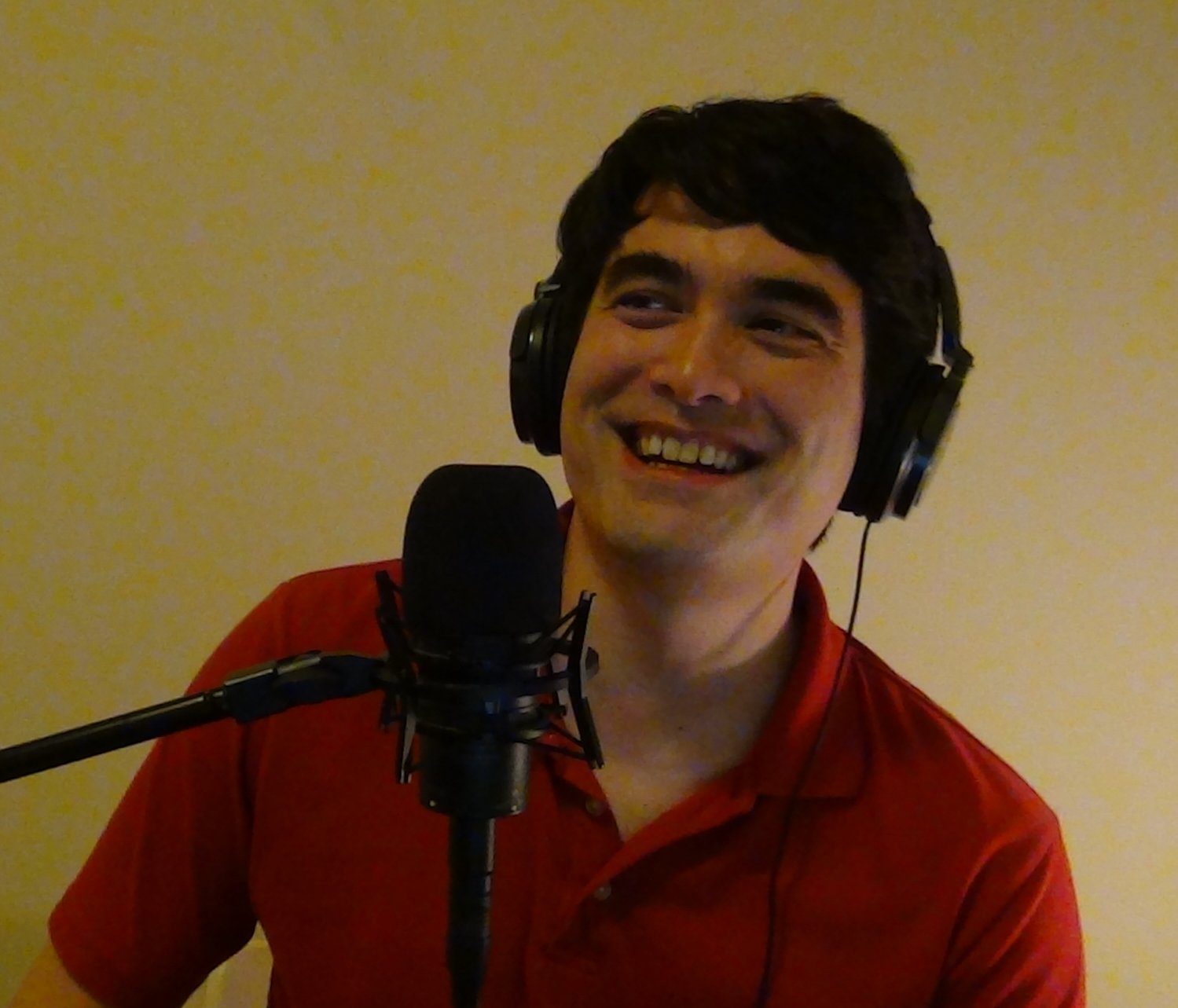ABOUT THE PODCAST
Our Mission
The Psychology in Seattle podcast and YouTube channel's mission is to attempt to make the world a better place by providing educational and engaging content on psychology, psychotherapy, and culture.
The Inspiration
When podcasting emerged in the mid-2000s, I (Kirk) was captivated by podcasts about science, astronomy, and psychology. I found that podcasts allowed for more substantial discussions since the experts controlled the content, rather than media corporations. Also, the podcast format allowed for a deeper connection with the hosts.
I found myself fantasizing about starting my own podcast. At that time, there were only three podcasts about psychology, so I figured that even if my podcast was the worst psychology podcast, it would still be the 4th best in the world.
Initial Concept & Evolution
In 2008, I started the Psychology In Seattle Podcast. Initially, I focused on psychology and local Seattle tidbits, like landmarks and restaurants. Looking back, I had no idea what I was doing, but I was hooked on the creative process. Whenever I had free time from my work as a therapist and professor, I would think about how to make the podcast better. I just kept trying new things and learning from my mistakes.
Over the years, the style of content has changed drastically. Currently, we publish episodes about in-depth psychological topics like personality disorders and social justice, along with lighter topics like pop culture and reality TV.
Humberto
When I started the podcast, I didn’t want to make it on my own. I asked a good friend of mine, Humberto Castaneda, and he agreed without hesitation. A few years earlier, we had met while singing karaoke. We quickly became close friends since we share a love for debate, nerdy things, songwriting, and novel experiences.
Since the beginning of the podcast, Humberto never wavered in his commitment and enthusiasm. I’m not sure I would have persevered without him. The audience loves Humberto for his humor, effervescence, and honesty.
Stacy
Behind-the-scenes, my wife, Stacy, is a crucial part of the podcast. Many of the best things about the podcast were her ideas. Also, as a thin-skinned podcaster, I am occasionally triggered by negative comments, and she always calms me by patiently listening to me yammer and by politely suggesting that I might be overreacting.
Stacy supporting me after public speaking
Bob
Bob Goettle became a regular co-host in 2017. We met on the first day of grad school in 1995. We soon bonded over our love for playing late-night cards and joking around, and we’ve been close friends ever since. On the podcast, Bob is universally adored by the audience for his expertise, compassion, and vulnerability.
Rebecca
The third and final co-host is Rebecca Bloom. I met her in 2009 as a fellow professor at the university. Since we were two of the youngest professors, we bonded and became close. The audience appreciates Rebecca for her clinical knowledge, life experience, and social justice advocacy.
Podcast Growth
For the first seven years of the podcast, we had a very small audience. People would ask me why I bothered making the podcast, especially since I was losing money. I didn’t have a good answer to that. However, I always had a suspicion that there was an audience looking for this sort of content. So, in spite of the obstacles, I just kept making content and learning from my mistakes, month after month, year after year. Nearly every day, I thought about how to improve the podcast.
After much trial and error, people would slowly find us. The podcast eventually grew into a full-time job, so I scaled back my practice and semi-retired from the university after 25 years. Best of all, I was finally able to pay the co-hosts and hire some employees. As of 2024, the podcast and YouTube channel have grown to include over 4,000 episodes, 350,000 YouTube subscribers, and several paying members on Patreon and YouTube. On average, we currently publish about 12 episodes per week. The topic of psychology is so vast, I never run out of topics.
Conclusion
I truly love this podcast. It is so much more than a job. It’s a place for me to grow, to have deep conversations with my best friends, and to meaningfully connect with people all over the world. I deeply appreciate the “deserving listeners”. I obviously wouldn’t be here without them. They give my life meaning and purpose.
Written in April 2024











